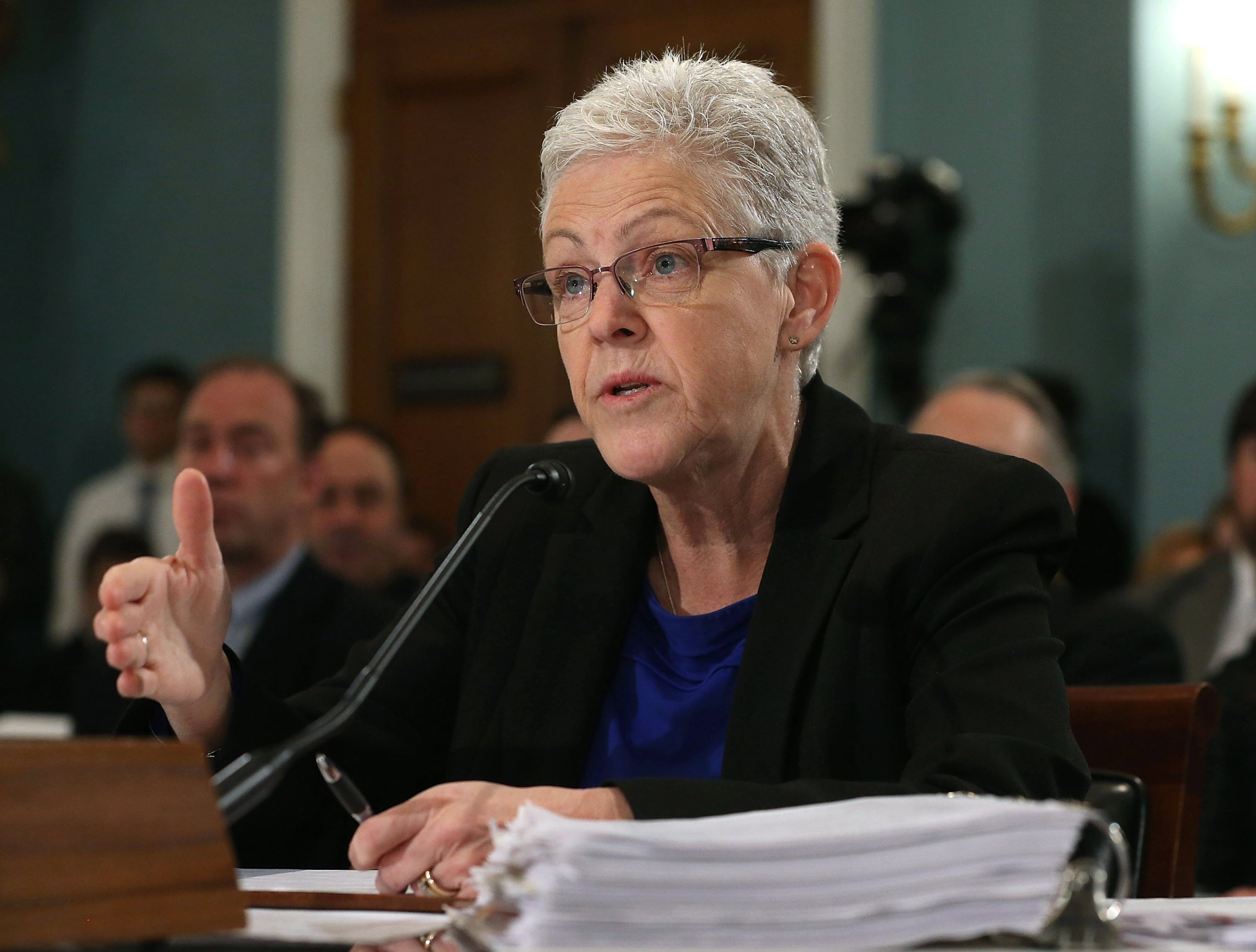
Climate change will contribute to a wide array of public health issues in the United States in the coming decades, including everything from the spread of vector borne illness to the diminished nutritional content of food, according to a new White House report.
The report, the product of a three-year collaboration between a number of federal agencies, suggests that extreme heat alone will drive more than 11,000 additional deaths in the summer of 2030 and 27,000 additional deaths in the summer of 2100, barring an accelerated effort to address climate change.
“The public health case for climate action is really compelling beyond words,” said EPA administrator Gina McCarthy at a briefing Wednesday. “It’s not just about glaciers and polar bears. It’s about the health of our kids.”
The report, a collaboration between the Environmental Protection Agency, the National Oceanic and Atmospheric Administration (NOAA) and the Department of Health and Human Services, takes into account some of the initiatives underway to address global warming in its assessment, including the first stages of implementation of the Paris Agreement reached last year by nearly 200 countries.
But administration officials also stressed that the report suggests the need for further urgent action on climate change. The Paris Agreement calls for countries to keep temperatures from rising more than 2°C (3.6°F) above pre-industrial levels by 2100, but most of the specifics of reaching that goal are ill defined beyond the next few years.
“There needs to be more than some significant global action,” said John Holdren, President Obama’s chief science advisor. “We need to ramp up ambition over time to get deeper reductions if we’re to avoid the worst of the healthcare impacts.”
The report includes a long list of public health impacts likely to be caused by climate change, many which may not be immediately obvious. An increase in extreme weather events attributable to climate change increases the risk of flooding that contributes to water-related illness, in addition to the harm of the weather event itself. Warmer temperatures could also lead to an anticipated decrease in the nutritional value of some crops. And increased air pollution could affect the health of people with asthma.
And, on top of that, many of these effects will be most damaging to vulnerable populations like the low-income Americans and the elderly.
“If we want to safeguard the health of future generations,” said U.S. Surgeon General Vivek Murthy, “we have to address climate change.”
More Must-Reads from TIME
- Cybersecurity Experts Are Sounding the Alarm on DOGE
- Meet the 2025 Women of the Year
- The Harsh Truth About Disability Inclusion
- Why Do More Young Adults Have Cancer?
- Colman Domingo Leads With Radical Love
- How to Get Better at Doing Things Alone
- Michelle Zauner Stares Down the Darkness
Write to Justin Worland / Washington at justin.worland@time.com